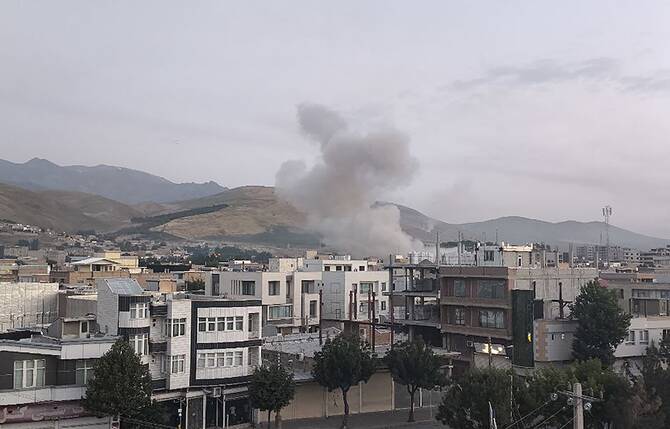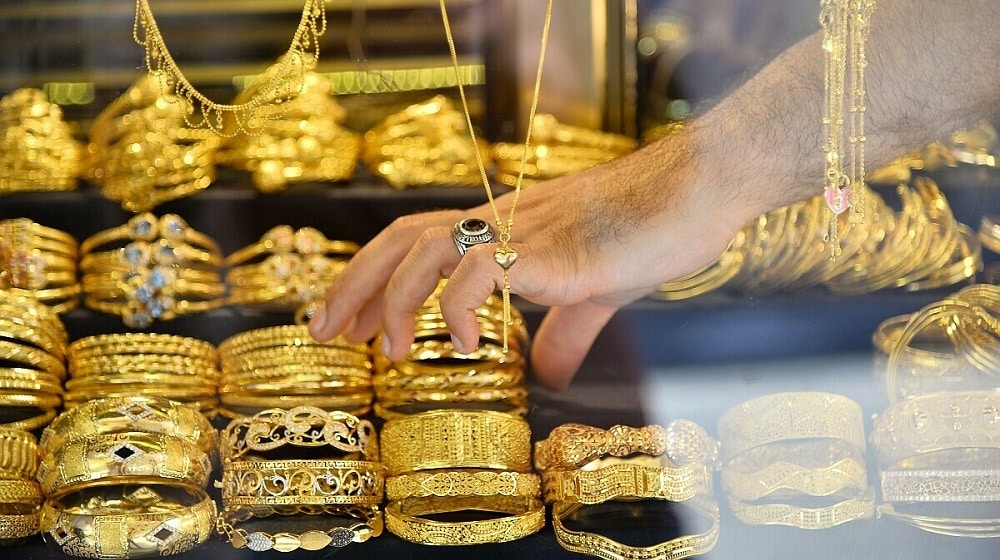Israel has intensified its military offensive against Iran for a second day, targeting strategic locations including nuclear facilities and energy infrastructure. Prime Minister Benjamin Netanyahu stated that the campaign could continue for weeks and has potentially delayed Iran’s nuclear progress by years. He vowed to expand operations in the coming days despite growing international pressure for restraint.
Following Friday’s surprise assault that eliminated top Iranian military commanders, new strikes reportedly hit Iran’s South Pars gas field, causing fires and disrupting production. In one of the deadliest incidents, Iranian officials said 60 civilians, including 29 children, were killed in a strike on a residential complex in Tehran.
Iran retaliated with a large-scale missile barrage on Israeli cities including Tel Aviv, killing at least three people and injuring over 170. Air raid sirens sent Israelis into shelters as the country’s air defenses responded to waves of missiles and drones.
Iran has called off nuclear negotiations with the United States, which had been scheduled for Sunday in Oman. Foreign Minister Abbas Araqchi stated that talks were unjustifiable during what he described as “barbaric” Israeli attacks.
READ MORE:
WhatsApp Introduces AI-Handoff Filter to Streamline Business Chats
Worries over the conflict’s spillover into global energy markets intensified after the attack on Iran’s gas field and threats by Tehran to close the vital Strait of Hormuz. Oil prices have already surged nearly 7% amid fears of a regional war.
Meanwhile, Israel’s Defense Minister warned of heavier assaults if Iran continues retaliatory missile launches. Iran, for its part, threatened that regional U.S. and allied military bases would be legitimate targets if involved.
Casualties in Iran reportedly exceeded 130 over two days, with several nuclear scientists and senior military officers among the dead. Israeli military officials claimed the strikes damaged facilities in Natanz and Isfahan but did not significantly affect the underground Fordow site.
Despite Iran’s insistence that its nuclear program is peaceful, Israel argues the campaign is necessary to prevent Tehran from acquiring a nuclear weapon. Experts say the full scope of damage to Iran’s nuclear capabilities is still unclear, though some support buildings and above-ground enrichment operations were hit.
The international community, including Russia and the U.S., remains divided. While Russian President Vladimir Putin condemned the Israeli strikes, U.S. President Donald Trump praised them and warned Iran of worse consequences unless it agreed to scale down its nuclear ambitions.
Both Israel and Iran have warned of broader consequences if the conflict escalates further, with the region bracing for prolonged violence and potential fallout beyond their borders.




